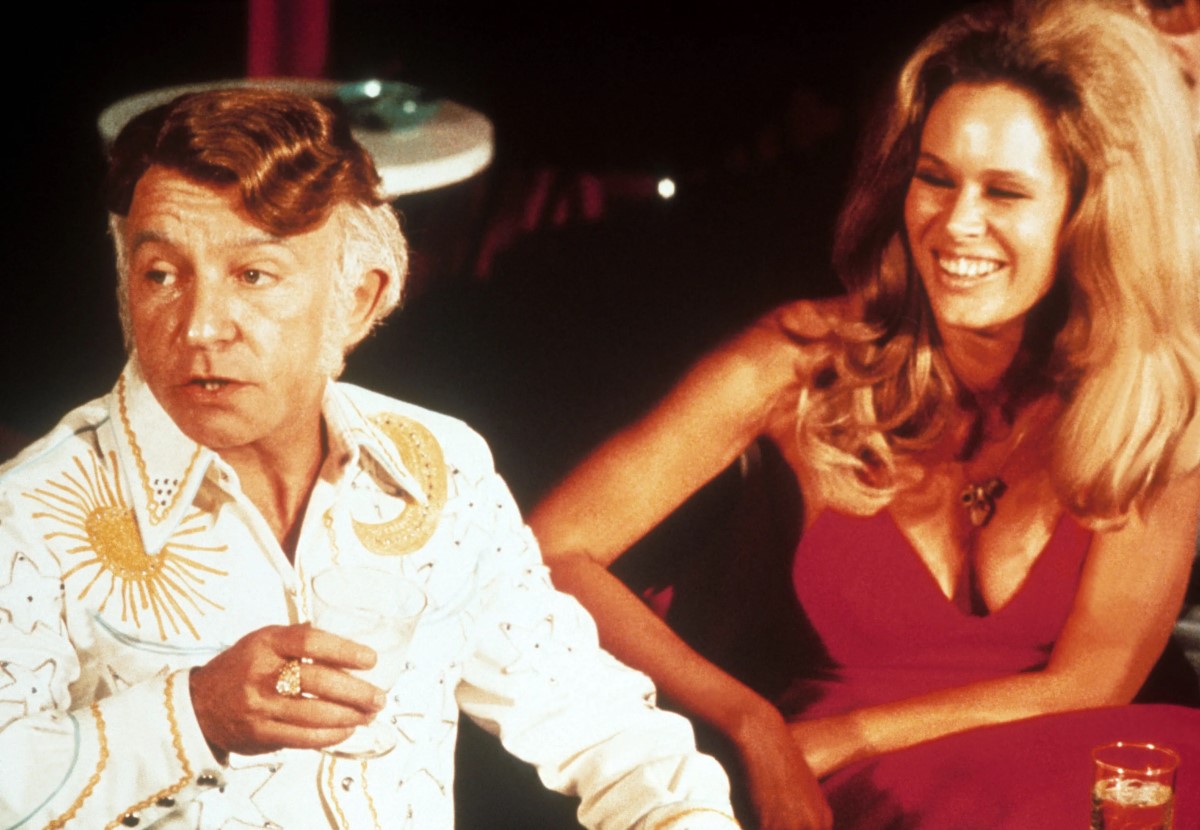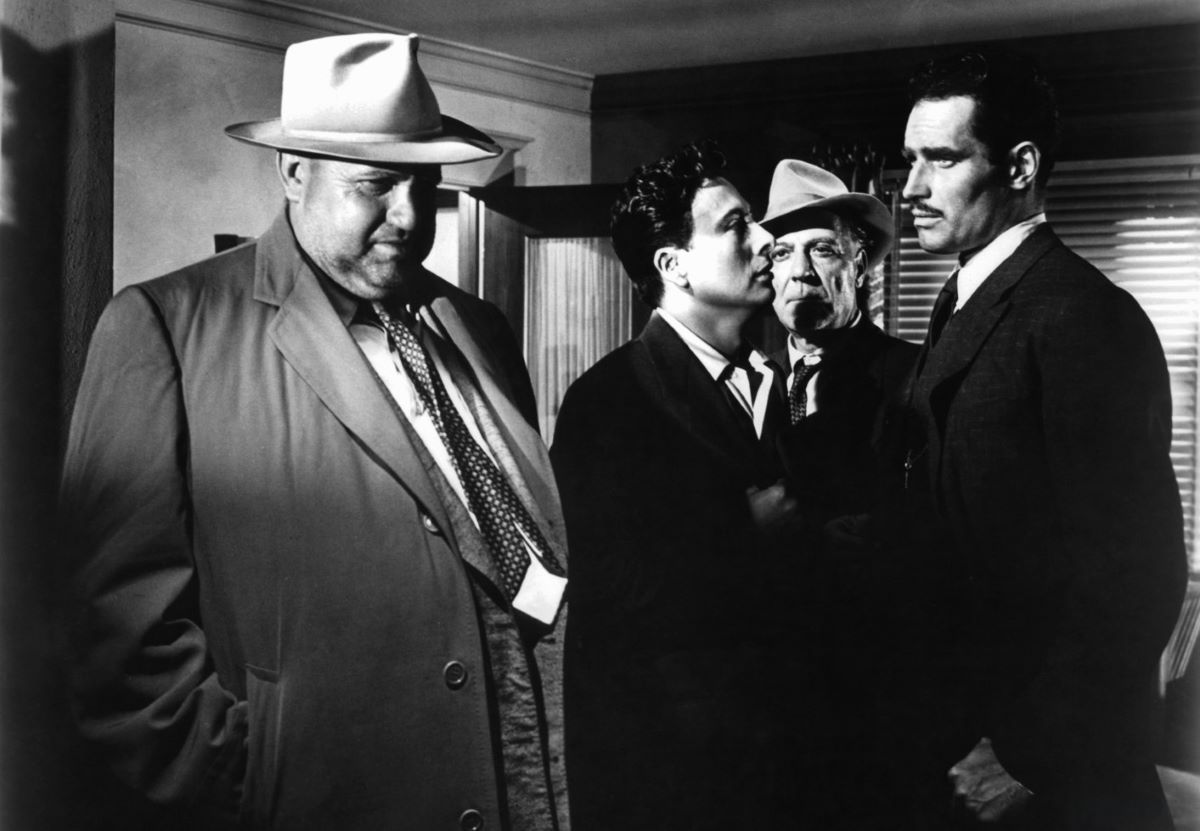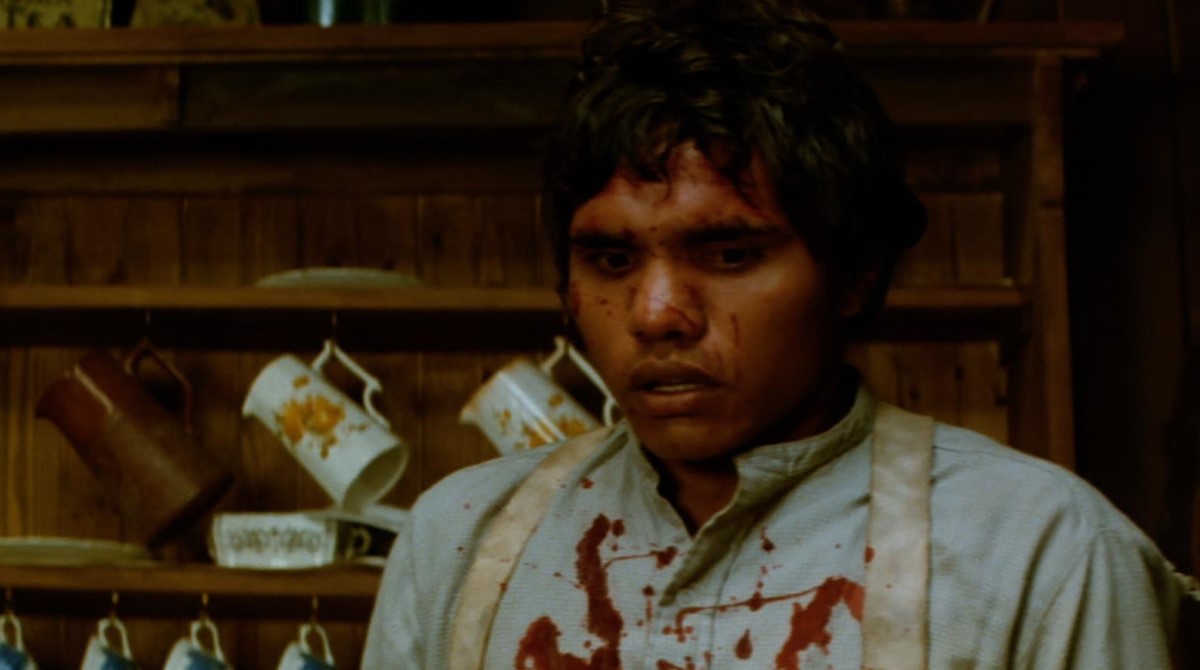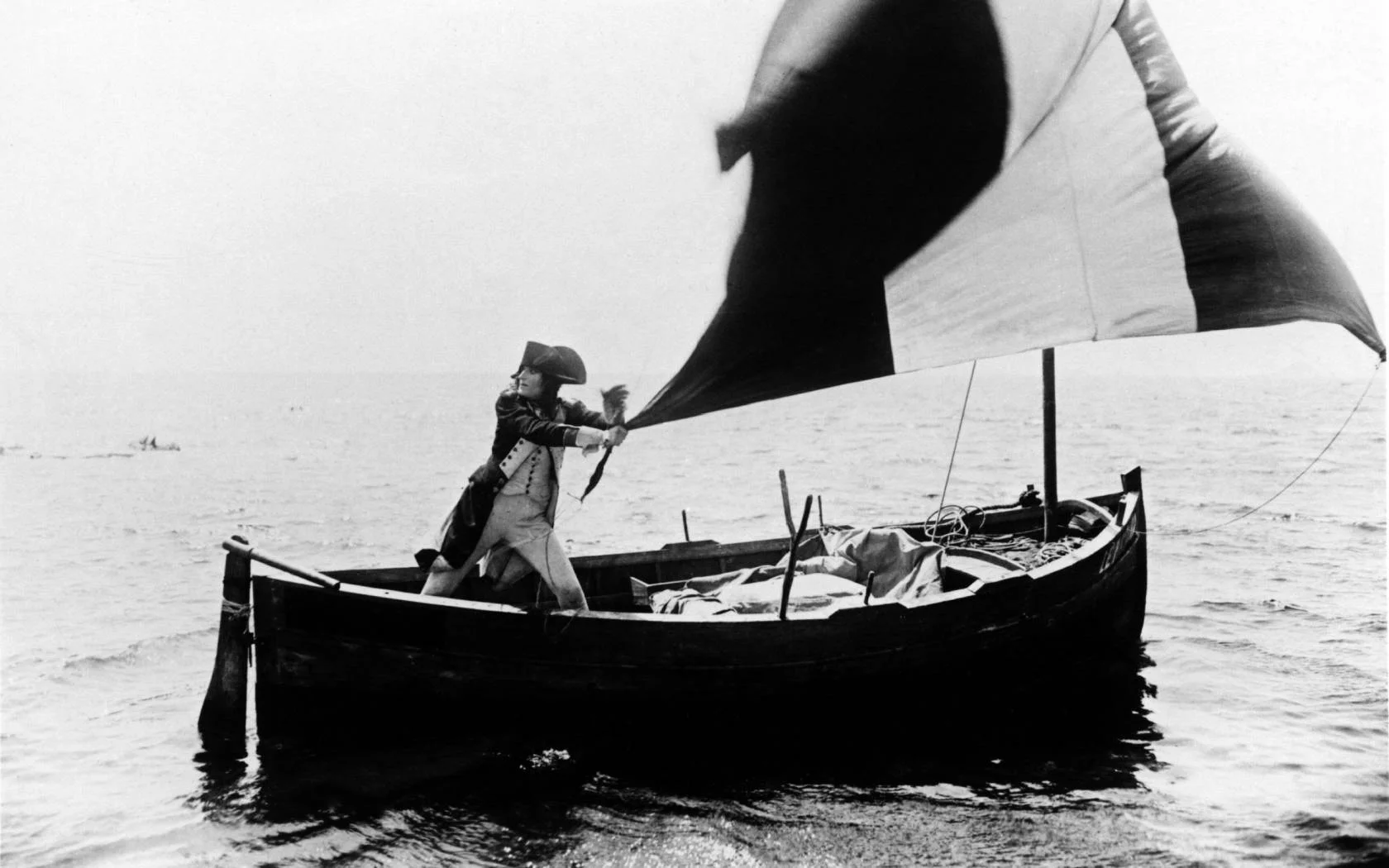In her review of Nashville, Pauline Kael celebrates Robert Altman’s film as a groundbreaking and exhilarating cinematic experience that breaks away from established narrative and stylistic norms. She portrays the film as an emotional journey, lauding Altman’s distinctive direction, which skillfully interweaves multiple storylines, a nuanced sound system, and an organic approach to filmmaking that eschews the need for a straightforward plot. Kael identifies Nashville as the culmination of Altman’s earlier explorations, presenting a multifaceted portrayal of American life and culture set against the backdrop of a country-and-Western musical. The film delivers a deep exploration of the connection between performers and their audiences, capturing the spirit of America with its ensemble cast and innovative narrative approach. Kael’s appreciation for Altman’s craftsmanship is evident as she likens the joy and immersion of watching Nashville to experiencing the artistry of Fred Astaire, noting the film’s ability to effortlessly navigate complex themes. Through Nashville, Altman not only reflects the current state of America but also pushes the boundaries of traditional filmmaking, marking a significant evolution in cinema that resonates deeply with audiences and the creative community alike.
Coming: “Nashville”
by Pauline Kael
Is there such a thing as an orgy for movie-lovers — but an orgy without excess? At Robert Altman’s new, almost-three-hour film, Nashville, you don’t get drunk on images, you’re not overpowered — you get elated. I’ve never before seen a movie I loved in quite this way: I sat there smiling at the screen, in complete happiness. It’s a pure emotional high, and you don’t come down when the picture is over; you take it with you. In most cases, the studio heads can conjecture what a director’s next picture will be like, and they feel safe that way — it’s like an insurance policy. They can’t with Altman, and after United Artists withdrew its backing from Nashville, the, picture had to be produced independently, because none of the other major companies would take it on. U.A.’s decision will probably rack up as a classic boner, because this picture is going to take off into the stratosphere — though it has first got to open. (Paramount has picked up the distribution rights but hasn’t yet announced an opening date.) Nashville is a radical, evolutionary leap.
Altman has prepared us for it. If this film had been made earlier, it might have been too strange and new, but in the five years since he broke through with M*A*S*H he’s experimented in so many directions that now, when it all comes together for him, it’s not really a shock. From the first, packed frames of a recording studio, with Haven Hamilton (Henry Gibson), in bespangled, embroidered white cowboy clothes, like a short, horseless Roy Rogers, singing, “We must be doing somethin’ right to last two hundred years,” the picture is unmistakably Altman — as identifiable as a paragraph by Mailer when he’s really racing. Nashville is simply “the ultimate Altman movie” we’ve been waiting for. Fused, the different styles of prankishness of M*A*S*H and Brewster McCloud and California Split become Jovian adolescent humor. Altman has already accustomed us to actors who don’t look as if they’re acting; he’s attuned us to the comic subtleties of a multiple-track sound system that makes the sound more live than it ever was before; and he’s evolved an organic style of moviemaking that tells a story without the clanking of plot. Now he dissolves the frame, so that we feel the continuity between what’s on the screen and life off-camera.
Nashville isn’t organized according to patterns that you’re familiar with, yet you don’t question the logic. You get it from the rhythms of the scenes. The picture is at once a Grand Hotel-style narrative, with twenty-four linked characters; a country-and-Western musical; a documentary essay on Nashville and American life; a meditation on the love affair between performers and audiences; and an Altman party. In the opening sequences, when Altman’s people — the performers we associate with him because he has used them in ways no one else would think of, and they’ve been filtered through his sensibility — start arriving, and pile up in a traffic jam on the way from the airport to the city, the movie suggests the circus procession at the non-ending of 814. But Altman’s clowns are far more autonomous; they move and intermingle freely, and the whole movie is their procession. Nashville is, above all, a celebration of its own performers. Like Bertolucci, Altman (he includes a homage to Last Tango in Paris) gives the actors a chance to come out — to use more of themselves in their characters. The script is by Joan Tewkesbury, but the actors have been encouraged to work up material for their roles, and not only do they do their own singing but most of them wrote their own songs — and wrote them in character. The songs distill the singers’ lives, as the mimes and theatrical performances did for the actors in Children of Paradise. The impulse behind all Altman’s innovations has been to work on more levels than the conventional film does, and now — despite the temporary sound mix and the not-quite-final edit of the print he ran recently, informally, for a few dozen people in New York, before even the Paramount executives had seen the picture — it’s apparent that he needed the technical innovations in order to achieve this union of ideas and feelings. Nashville coalesces lightly and easily, as if it had just been tossed off. We float while watching, because Altman never lets us see the sweat. Altman’s art, like Fred Astaire’s, is the great American art of making the impossible look easy.
Altman does for Nashville what he was trying to do for Houston in Brewster McCloud, but he wasn’t ready to fly then, and the script didn’t have enough layers — he needs ideas that mutate, and characters who turn corners. Joan Tewkesbury has provided him with a great subject. Could there be a city with wilder metaphoric overtones than Nashville, the Hollywood of the C. & W. recording industry, the center of fundamentalist music and pop success? The country sound is a twang with longing in it; the ballads are about poor people with no hope. It’s the simplistic music of the conquered South; the songs tell you that although you’ve failed and you’ve lived a terrible, degrading life, there’s a place to come home to, and that’s where you belong. Even the saddest song is meant to be reassuring to its audience: the insights never go beyond common poverty, job troubles, and heartaches, and the music never rises to a level that would require the audience to reinterpret its experience. Country stars are symbolic ordinary figures. In this, they’re more like political demagogues than artists. The singer bears the burden of what he has become, and he keeps saying, “I may be driving an expensive car, but that doesn’t mean I’m happier than you are.” Neither he nor the politician dares to come right out and confess to the audience that what he’s got is what he set out for from the beginning. Instead, he says, “It’s only an accident that puts me here and you there — don’t we talk the same language?” Listening to him, people can easily feel that he owes them, and everybody who can sing a little or who has written a tune tries to move in close to the performers as a way of getting up there into the fame business.
Nashville is about the insanity of a fundamentalist culture in which practically the whole population has been turned into groupies. The story spans the five days during which a political manager, played by Michael Murphy, lines up the talent for a Nashville rally to be used as a TV show promoting the Presidential candidacy of Hal Phillip Walker. Walker’s slogan is “New Roots for the Nation” — a great slogan for the South, since country music is about a longing for roots that don’t exist. Because country singing isn’t complex, either musically or lyrically, Altman has been able to create a whole constellation of country stars out of actors. Some of them had actually cut records, but they’re not primarily country singers, and their songs are never just numbers. The songs are the story being told, and even the way the singers stand — fluffing out a prom-queen dress, like Karen Black, or coolly staring down the audience, like the almond-eyed, slightly withdrawn Cristina Raines — is part of it. During this movie, we begin to realize that all that the people are is what we see. Nothing is held back from us, nothing is hidden.
When Altman — who is the most atmospheric of directors — discusses what his movies are about, he makes them sound stupid, and he’s immediately attacked in the press by people who take his statements literally. (If pinned to the wall by publicity men, how would Joyce have explained the “Nighttown” sequence of Ulysses?) The complex outline of Nashville gives him the space he needs to work in, and he tells the story by suggestions, echoes, recurrences. It may be he’s making a joke about how literally his explanations have been taken when in this picture the phony sentiments that turn up in the lyrics recur in other forms, where they ring true. Haven Hamilton, the bantam king of Nashville, with a red toupee for a crown, sings a maudlin piece of doggerel, with a heavy, churchy beat, about a married man’s breaking up with his girl friend (“For the sake of the children, we must say goodbye”). Later, it’s almost a reprise when we see Lily Tomlin, as the gospel-singing wife of Haven’s lawyer, Ned Beatty, leave Keith Carradine (the hot young singer in a trio) for exactly that reason. Throughout, there are valid observations made to seem fake by a slimy inflection. Geraldine Chaplin, as Opal, from the BBC, is doing a documentary on Nashville; she talks in flights of poetic gush, but nothing she says is as fatuous as she makes it sound. What’s funny about Opal is that her affectations are all wasted, since the hillbillies she’s trying to impress don’t know what she’s talking about. Opal is always on the fringe of the action; her opposite is the figure that the plot threads converge on — Barbara Jean (Ronee Blakley), whose ballads are her only means of expressing her yearnings. Barbara Jean is the one tragic character: her art comes from her belief in imaginary roots.
The movies often try to do portraits of artists, but their artistry must be asserted for them. When we see an actor playing a painter and then see the paintings, we don’t feel the relation. And even when the portrait is of a performing artist, the story is almost always of how the artist achieves recognition rather than of what it is that has made him an artist. Here, with Ronee Blakley’s Barbara Jean, we perceive what goes into the art, and we experience what the unbalance of life and art can do to a person. When she was a child, Barbara Jean memorized the words on a record and earned fifty cents as a prize, and she’s been singing ever since; the artist has developed, but the woman hasn’t. She has driven herself to the point of having no identity except as a performer. She’s in and out of hospitals, and her manager husband (Allen Garfield) treats her as a child, yet she’s a true folk artist; the Nashville audience knows she’s the real thing and responds to the purity of her gift. She expresses the loneliness that is the central emotion in country music. But she isn’t using the emotion, as the other singers do: it pours right out of her — softly. Arriving at the airport, coming home after a stretch of treatment — for burns, we’re told — she’s radiant, yet so breakable that it’s hard to believe she has the strength to perform. A few days later, when she stands on the stage of the Opry Belle and sings “Dues,” with the words “It hurts so bad, it gets me down,” her fragility is so touching and her swaying movements are so seductively musical that, perhaps for the first time on the screen, one gets the sense of an artist’s being consumed by her gift. This is Ronee Blakley’s first movie, and she puts most movie hysteria to shame; she achieves her effects so simply that I wasn’t surprised when someone near me started to cry during one of her songs. She has a long sequence on the stage of the Opry Belle when Barbara Jean’s mind starts to wander and, instead of singing, she tells out-of-place, goofy stories about her childhood. They’re the same sort of stories that have gone into her songs, but without the transformation they’re just tatters that she clings to — and they’re all she’s got. Ronee Blakley, who wrote this scene, as well as the music and lyrics of all her songs, is a peachy, dimpled brunette, in the manner of the movie stars of an earlier era; as Barbara Jean, she’s like the prettiest girl in high school, the one the people in town say is just perfect-looking, like Linda Darnell. But she’s more delicate; she’s willowy and regal, tipping to one side like the Japanese ladies carved in ivory. At one point, she sings with the mike in one hand, the other hand tracing the movements of the music in the air, and it’s an absolutely ecstatic moment.
Nashville isn’t in its final shape yet, and all I can hope to do is suggest something of its achievement. Altman could make a film of this magnitude for under two million dollars* because he works with actors whose range he understands. He sets them free to give their own pulse to their characters; inspired themselves, they inspire him. And so we get motifs that bounce off each other — tough-broad Barbara Baxley’s drunken fix on the murdered Kennedys, Shelley Duvall’s total absorption in celebrity, a high-school band of majorettes twirling rifles, and Robert Doqui’s anger at a black singer for not being black enough. All the allusions tell the story of the great American popularity contest. Godard was trying to achieve a synthesis of documentary and fiction and personal essay in the early sixties, but Godard’s Calvinist temperament was too cerebral. Altman, from a Catholic background, has what Joyce had: a love of the supreme juices of everyday life. He can put unhappy characters on the screen (Keenan Wynn plays a man who loses the wife he’s devoted to) and you don’t wish you didn’t have to watch them; you accept their unhappiness as a piece of the day, as you do in Ulysses. You don’t recoil from the moody narcissism of Keith Carradine’s character: there he is in his bedroom, listening to his own tapes, with one bed partner after another — with Geraldine Chaplin, whom he’ll barely remember the next day, and with Lily Tomlin, whom he’ll remember forever. You don’t recoil, as you do in movies like Blow-Up or Petulia, because Altman wants you to be part of the life he shows you and to feel the exhilaration of being alive. When you get caught up in his way of seeing, you no longer anticipate what’s coming, because Altman doesn’t deliver what years of moviegoing have led you to expect. You get something else. Even when you feel in your bones what has to happen — as you do toward the climax of Nashville, when the characters assemble for the rally at the Parthenon and Barbara Jean, on the stage, smiles ravishingly at her public — he delivers it in a way you didn’t expect. Who watching the pious Haven Hamilton sing the evangelical “Keep A’Goin’,” his eyes flashing with a paranoid gleam as he keeps the audience under surveillance, would guess that the song represented his true spirit, and that when injured he would think of the audience before himself? Who would expect that Barbara Harris, playing a runaway wife — a bombed-out groupie hovering around the action — would finally get her chance onstage, and that her sexy, sweetly shell-shocked look would, at last, fit in perfectly? For the viewer, Nashville is a constant discovery of overlapping connections. The picture says, This is what America is, and I’m part of it. Nashville arrives at a time when America is congratulating itself for having got rid of the bad guys who were pulling the wool over people’s eyes. The movie says that it isn’t only the politicians who live the big lie — the big lie is something we’re all capable of trying for. The candidate, Hal Phillip Walker, never appears on the screen; he doesn’t need to — the screen is full of candidates. The name of Walker’s party doesn’t have to stand for anything: that’s why it’s the Replacement Party.
Nashville isn’t full of resolutions, because Altman doesn’t set up conflicts; the conflicts, as in Lily Tomlin’s character, are barely visible. Her deepest tensions play out in the quietest scenes in the movie; she’s a counterbalance to the people squabbling about whatever comes into v their heads. There’s no single reason why anybody does anything in this movie, and most of the characters’ concerns are mundane. Altman uses a Grand Hotel mingling of characters without giving false importance to their unions and collisions, and the rally itself is barely pivotal. A lot happens in the five days, but a lot happens in any five days. There are no real denouements, but there are no loose ends, either: Altman doesn’t need to wrap it all up, because the people here are too busy being alive to be locked in place. Frauds who are halfway honest, they’re true to their own characters. Even the stupidest among them, the luscious bimbo Sueleen (Gwen Welles), a tone-deaf waitress in the airport coffee shop, who wiggles and teases as she sings to the customers, and even the most ridiculous — Geraldine Chaplin’s Opal — are so completely what they are that they’re irresistible. At an outdoor party at Haven Hamilton’s log-cabin retreat, the chattering Opal remarks, “Pure, unadulterated Bergman,” but then, looking around, she adds, “Of course, the people are all wrong for Bergman, aren’t they?” Nashville is the funniest epic vision of America ever to reach the screen.
* The final cost, after the prints were made, was about two million, two hundred thousand.
The New Yorker, March 3, 1975





